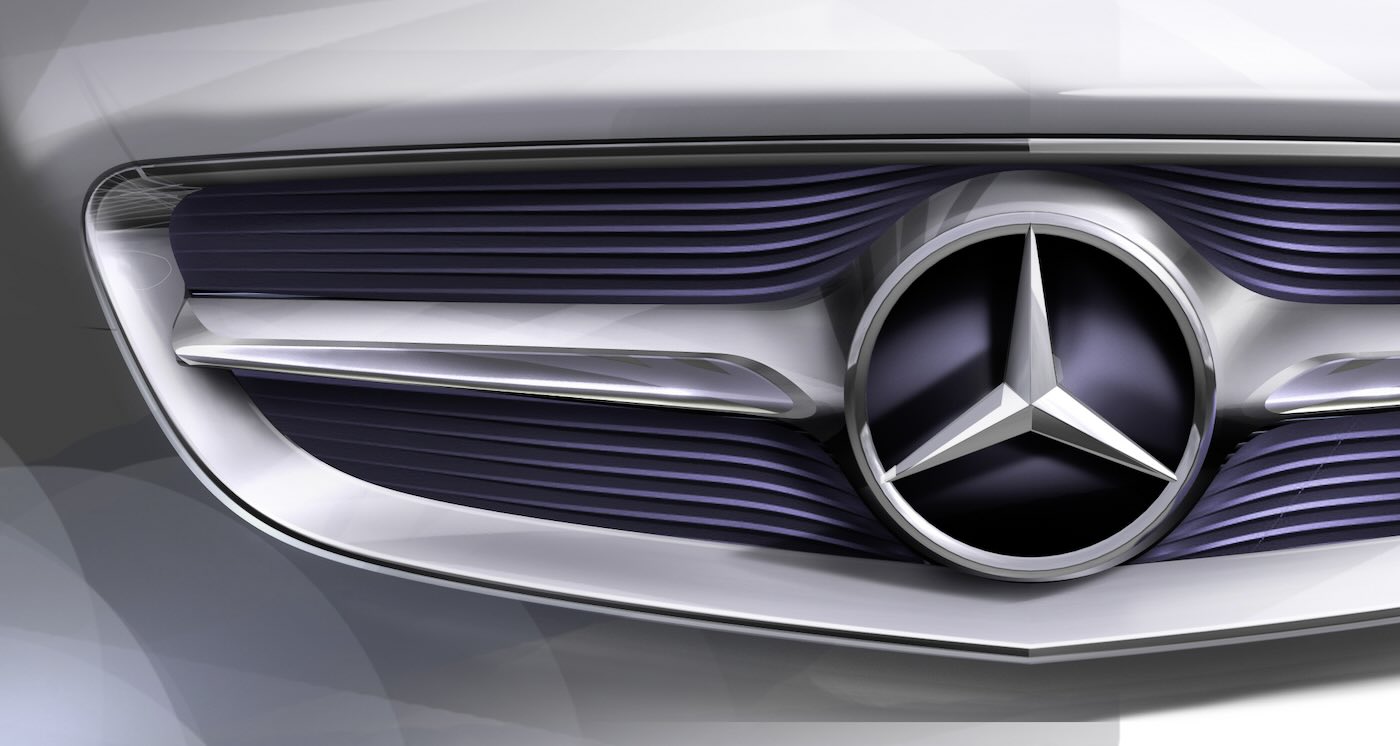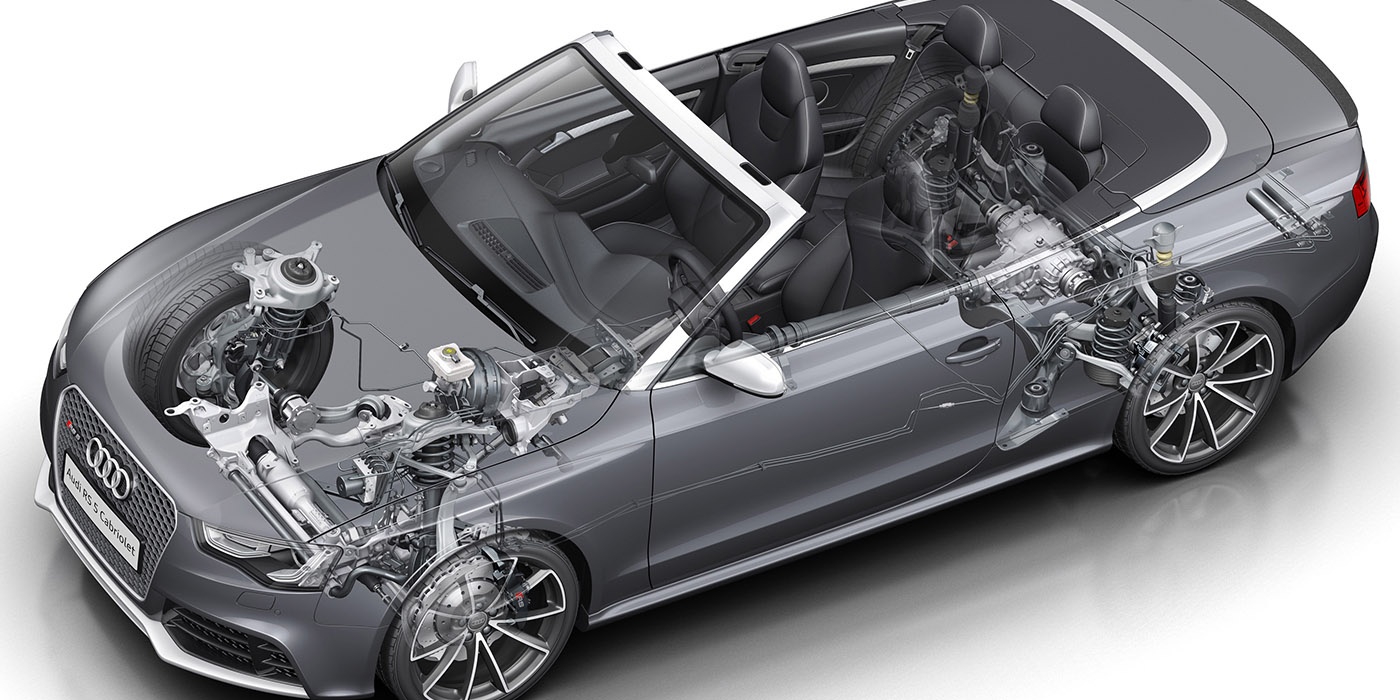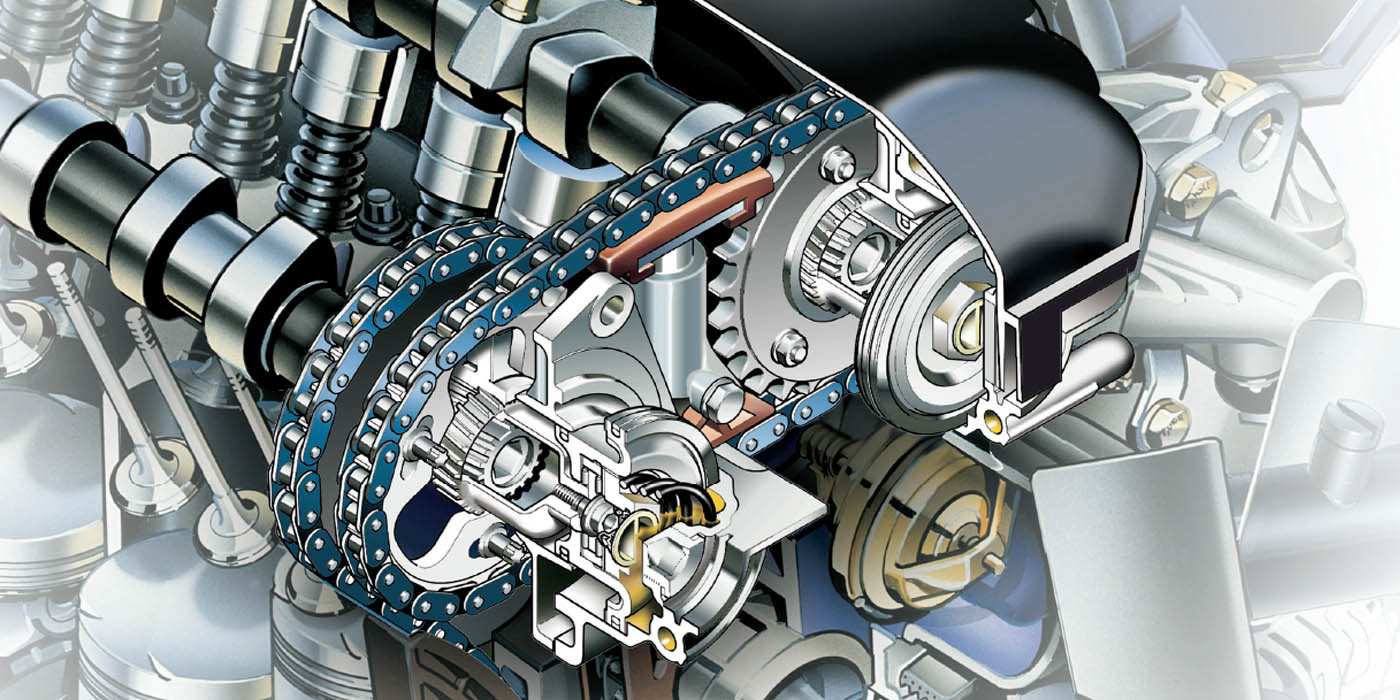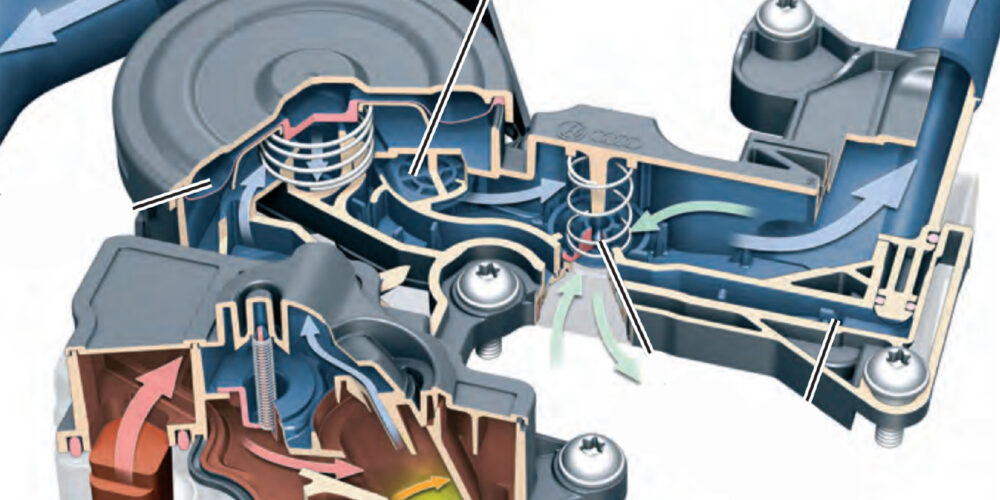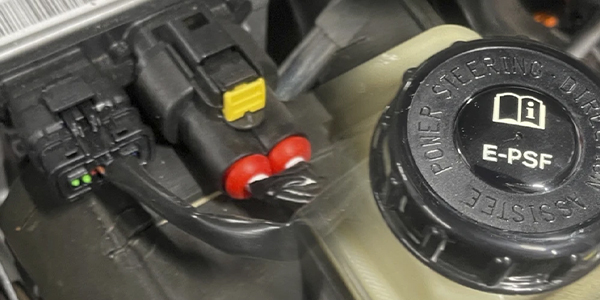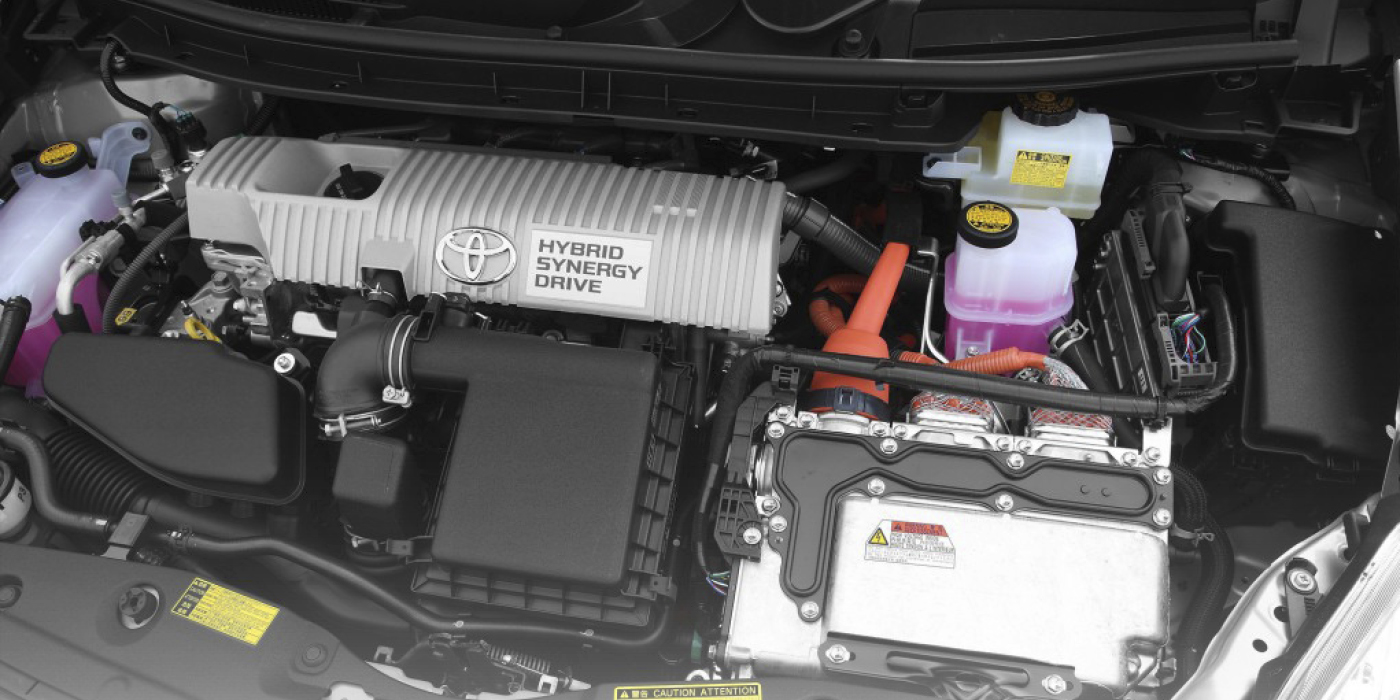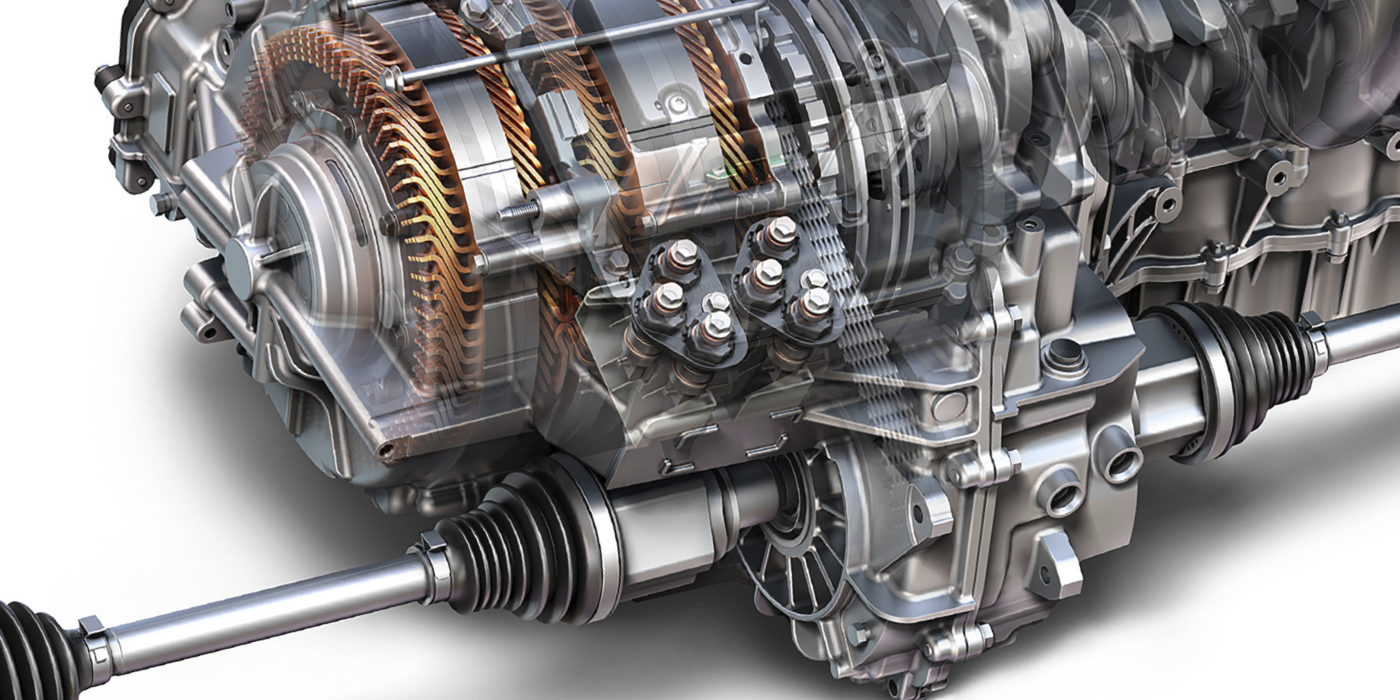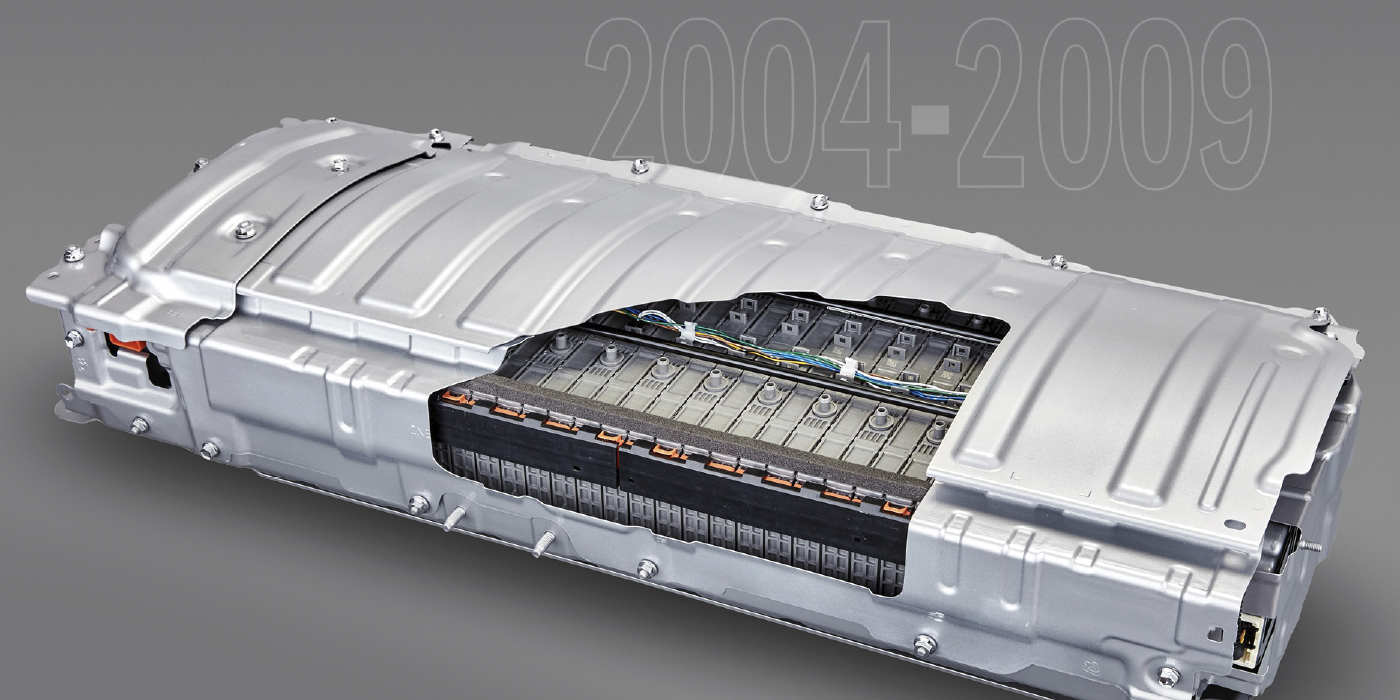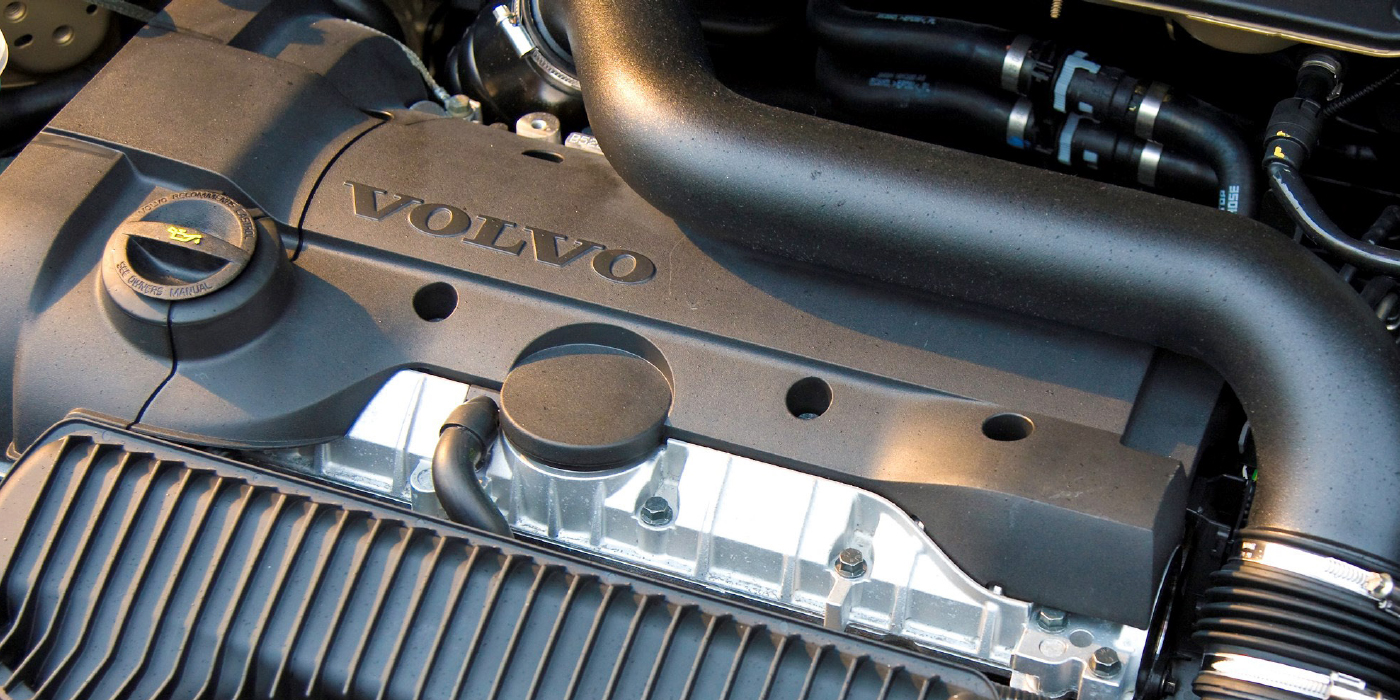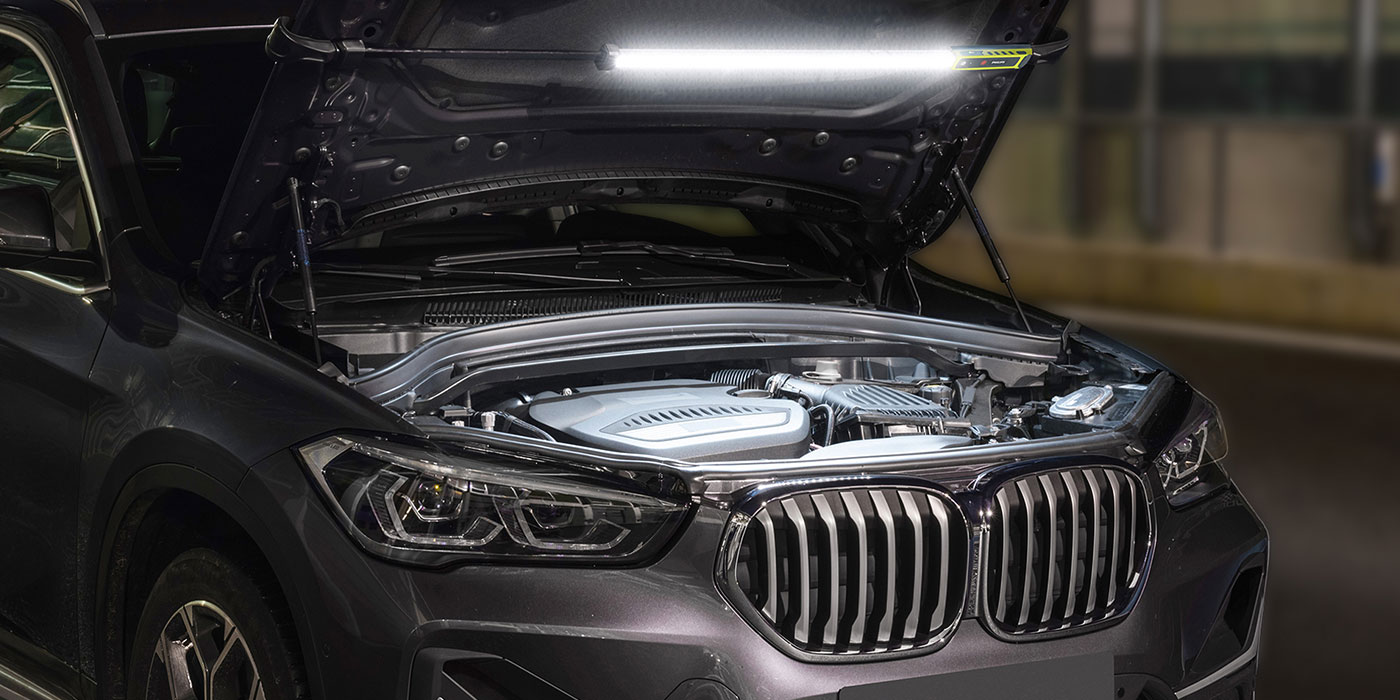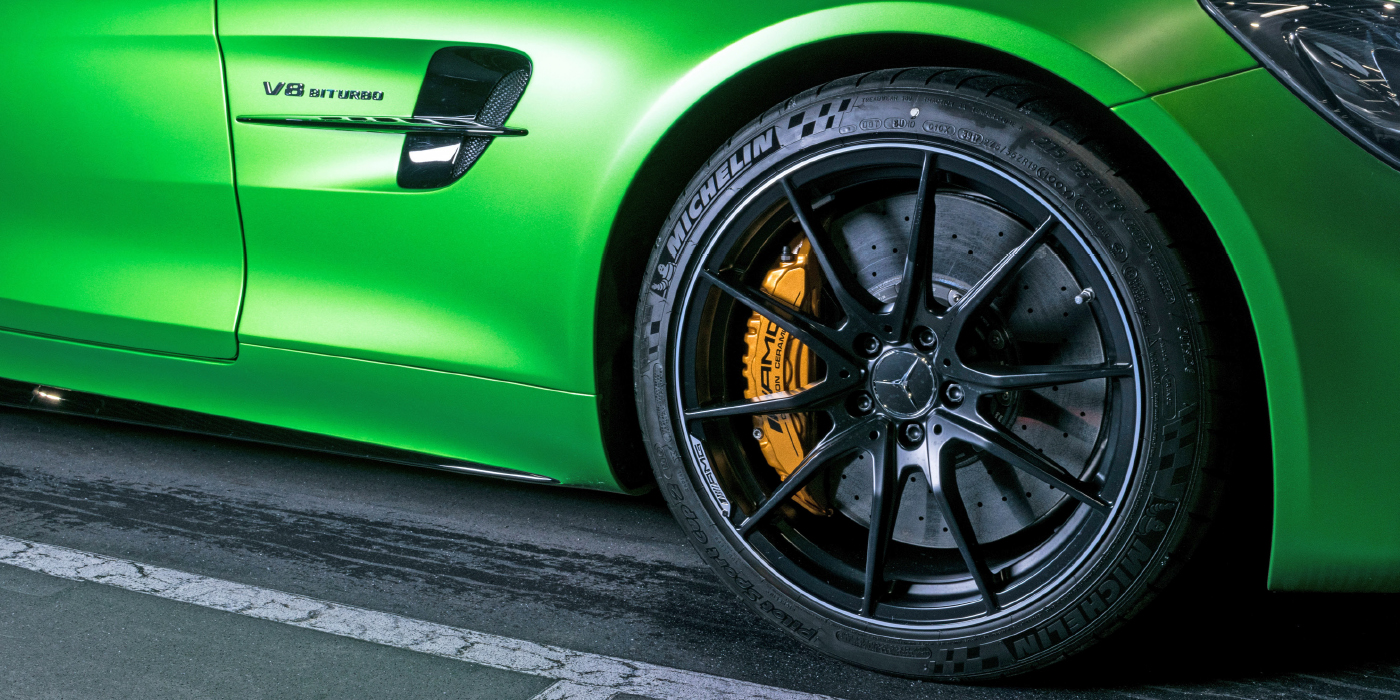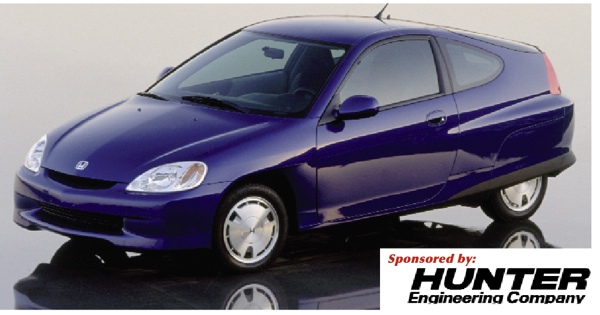
You may not see many Honda Insights in your alignment bay, but don’t let the strange styling and hybrid badge scare you away from doing any chassis repairs. The Honda Insight powertrain includes a gasoline engine, a 10-kilowatt electric motor/generator and a compact nickel-metal hydride battery used to supply energy to the Integrated Motor Assist (IMA) system. But, the steering and other chassis sensors are 12 volts, so don’t worry about rubber gloves and orange connectors.
Sometimes the best thing about the Insight is the owner. The owners of these vehicles love them and never want to sell them or let them fall into a state of disrepair. If you are able to offer them a way of getting better fuel economy and helping them make their vehicles last longer, they will not say no.
Tires
Insights of this vintage use P165/65R14 tires. This is a very small and skinny tire. About the only tire available in this size is the Bridgestone Potenza RE92. While they are cheap ($90-$100), they are not a tire stocked by most tire dealers. With proper alignment and periodic rotation, it is possible to get 50,000 miles or more out of a set of tires. The pressures for these tires are 38 in the front and 35 in the rear.
Dacro Fasteners
Another item to remember is that the Insight uses a lot of aluminum and dissimilar metals. In order to prevent fretting and galling, Honda specifies bolts and nuts that have a special corrosion-resistant “Dacro” coating. Use the same type if replacement is necessary.
These bolts secure the:
• Control arms;
• Wheel bearing hub units
(front and rear);
• Rear shocks;
• Ball joint stud nut; and
• Rear shock bolts.
Rear Suspension
One of the defining elements of the Insight is the rear suspension. The rear wheel track is significantly narrower than the front. Another item is the skirts over the rear wheels. The skirts are attached with two fasteners at the bottom of skirts’ lips and slide down out of the clips.
The rear suspension uses trailing arms. These are connected midway along their length by a curved, H-section steel torsion beam that twists to allow a controlled level of independent suspension movement. The rear suspension is not adjustable. Also, no shims are available to adjust camber or toe.
When it is outside of the recommended specifications, it must be replaced. Make sure to look at the cross camber and toe specifications. Even if they are within specifications, too much on either side can add up to trouble.
Front Suspension
The 1999-2006 Insight uses a MacPherson strut-type front suspension with a anti-roll bar. It is a robust system that uses aluminum for many components. The front control arms are aluminum with a integral ball joint. The ball joint should have zero play.
The front suspension can be adjusted for camber and toe. The Insight has a steering rack with a center take-off; this creates some “cross talk” in the toe angle when the camber is adjusted. The front camber angle is 0º ±1°. Vehicles such as this one, with a higher SAI, the camber variance from side to side should not more than .2º.
The front camber can be adjusted by exchanging one or both of the damper pinch bolts with the smaller diameter adjusting bolt(s). The difference between the adjusting bolt diameter and the pinch bolt hole diameter allows a small range of adjustment around ± 1.75º.
Steering
The Insight has Electric Power Steering (EPS) that operates off the 12-volt power system. The system shares parts with the Honda S2000 steering system.
The EPS control unit is mounted inside the car on the right side bulkhead, underneath the dash. It receives input from the vehicle speed sensor and torque sensor mounted on the steering pinion shaft.
The pinion shaft engages the pinion gear via a torsion bar, which twists slightly when there is a high amount of steering resistance. The amount of twist is in proportion to both the amount of resistance to wheel turning, and to the steering force applied.
A pin on the torsion bar engages a diagonal slot in the sensor core, which moves up or down depending on the amount of torsion bar twist, and the direction of rotation. Two coils surrounding the core detect both the amount, and the direction of movement.
The switch is turned to the ON (II) position, then goes off after the engine is started. This indicates that the bulb and its circuit are operating correctly. If there is any trouble in the system after the engine is started, the EPS indicator will stay on, and the power assist is turned off. The system will also protect the electric motor if it senses the system getting too hot.


